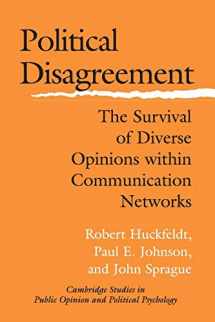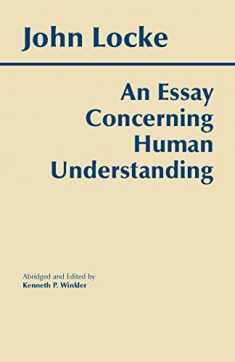
The Cambridge Companion to Locke's 'Essay Concerning Human Understanding' (Cambridge Companions to Philosophy)
Book details
Summary
Description
First published in 1689, John Locke's Essay Concerning Human Understanding is widely recognised as among the greatest works in the history of Western philosophy. The Essay puts forward a systematic empiricist theory of mind, detailing how all ideas and knowledge arise from sense experience. Locke was trained in mechanical philosophy and he crafted his account to be consistent with the best natural science of his day. The Essay was highly influential and its rendering of empiricism would become the standard for subsequent theorists. This Companion volume includes fifteen new essays from leading scholars. Covering the major themes of Locke's work, they explain his views while situating the ideas in the historical context of Locke's day and often clarifying their relationship to ongoing work in philosophy. Pitched to advanced undergraduates and graduate students, it is ideal for use in courses on early modern philosophy, British empiricism and John Locke.


We would LOVE it if you could help us and other readers by reviewing the book
Book review




